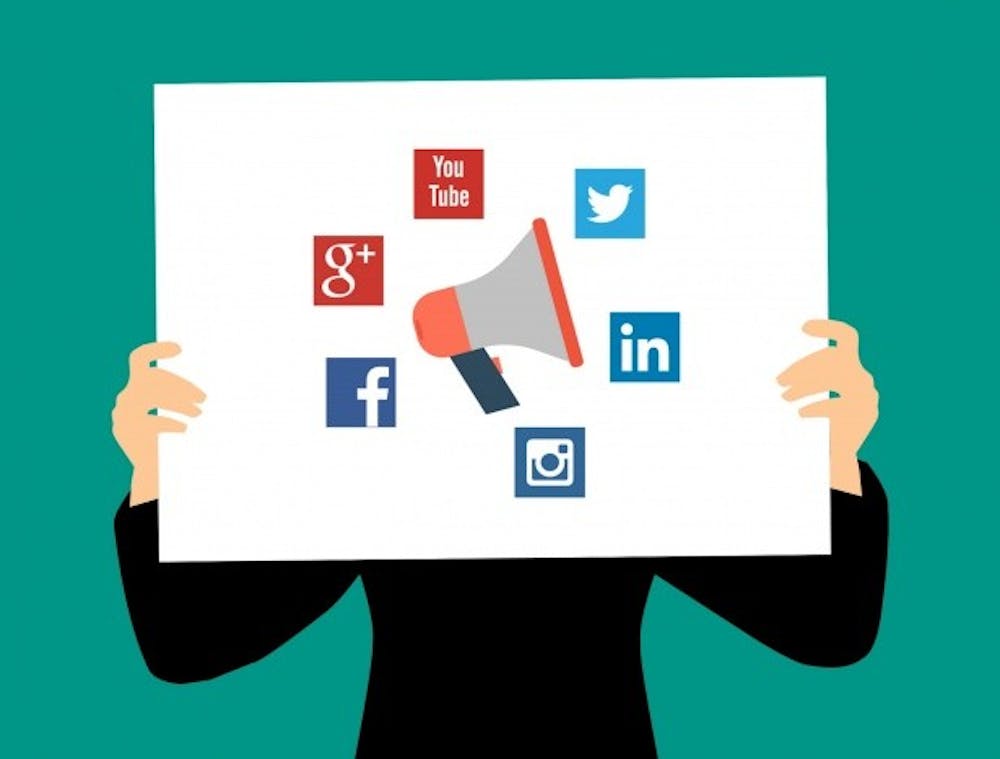What makes it acceptable for Twitter to deplatform widely unpopular members, but wrong for the Department of Justice to jail those with dissident views? As it turns out, nothing makes it acceptable. As Princeton students grapple with questions of free speech, they should consider the effects of social media companies on that speech. Anyone who is committed to a substantive right to free speech against government intervention should support a similar principle in the context of corporations policing speech.
Think about why we limit the government’s ability to censor speech in the first place: the government is large, powerful, and has an interest in suppressing dissident opinions. If the government were so discerning and so inclined, it might manage to censor only the bad views. Yet, as much as you might trust an Obama to filter out only the hate speech, you wouldn’t want a Trump to be making the same sort of decision. The fact that we cannot know what political tides loom on the horizon compels us to deny government the power to censor, even if we would be comfortable with the present government having that power. In other words, government’s ability to police speech is limited in the good times to prevent abuse in the bad.
In all respects relevant to policing speech, social media giants are just like governments in that they are large and well-resourced relative to any individual. They have interests in suspending views critical of them. Worse, they are unaccountable, and certainly more so than governments. A government official trying to censor someone will likely be stopped by other members of government vested with the power and incentive to check their abuse. Indeed, this is as true of the President as it is of the lowest civil servant when it comes to free speech, which is codified in our laws and our Constitution. Our government is intentionally organized with a principle of decentralization and mutual checks on power.
When it comes to corporations, circumstances differ. Corporations are highly centralized, and there is no corporate governance principal of respecting free speech. If a handful of board members go rogue and decide they don’t like someone, that person can lose their right to speak on the only platforms that matter for being heard. What does Twitter have to compel your trust that the U.S government does not? A better vibe? A nicer logo?
Of course, corporations are accountable in certain ways: shareholders can relent, and no firm seeks a public relations disaster. But that is exactly the point. To the extent that they are accountable, corporations are accountable in the wrong way. Or, at the very least, they are accountable in a way that would never be accepted as a means of keeping governments in check when it comes to abrogating individual rights. Public relations incentives and shareholder votes are to corporations as voters in elections are to governments. But speech rights aren’t the sort of protection that can be voted away. That is the entire premise of rights. No majority can determine that a minority has ceded their rights. This is a central tenet of constitutional democracy. That a majority of shareholders or Twitter users don’t like someone cannot possibly be justification to strip them of their right to speak.
A right to speak without any chance of being heard renders that right nothing more than an empty promise. Appeals made to the fact that participation in social media is voluntary and that these companies are private hold little sway in light of this. Free speech is an outcome we strive to achieve rather than being regarded as mere adherence to some legal text. Free speech is central to having a free society, useful political discourse, and a feeling of inclusion in the political process. It helps us find truth as a society and participate in civic life as individuals. As a result, when corporations are allowed and encouraged to hollow out that promise, everyone suffers.
I don’t particularly like Alex Jones. But I worry more about what is to come if we rally behind his being banned from YouTube. The moral arc of a decade will often bend the wrong way (consider the 1980s in the U.S., or the 1930s in Germany). If today we allow Twitter to ban those who are despised, we may be building the guillotine for our own heads.
Worse, the threats are not so far off and speculative, or censorship confined to far-right fringe views. Ahead of the midterms, Facebook banned pages that spanned the political spectrum. Worse, it was supported by the Atlantic Council, featuring a pantheon of unsavory characters, including Henry Kissinger. It may sound radical, but I’m not particularly keen on war criminals choosing what I can and cannot read.

Whatever your views are on these groups, it should at the very least be acknowledged that such censorship is an imminent threat. Dissident views take two forms: the derided and the marginalized. We shouldn’t be so foolish to think we can achieve all of the censoring we find desirable without also endangering others who must be allowed to speak. We must tolerate the former to protect the latter. In a free and open society, maintaining free speech begins with legal protections against government censorship. Indeed, modern threats to free speech stem more from the Twitter-bird than the bald-eagle.
Sinan Ozbay is a senior studying philosophy from Princeton, N.J. He can be reached at sozbay@princeton.edu.









